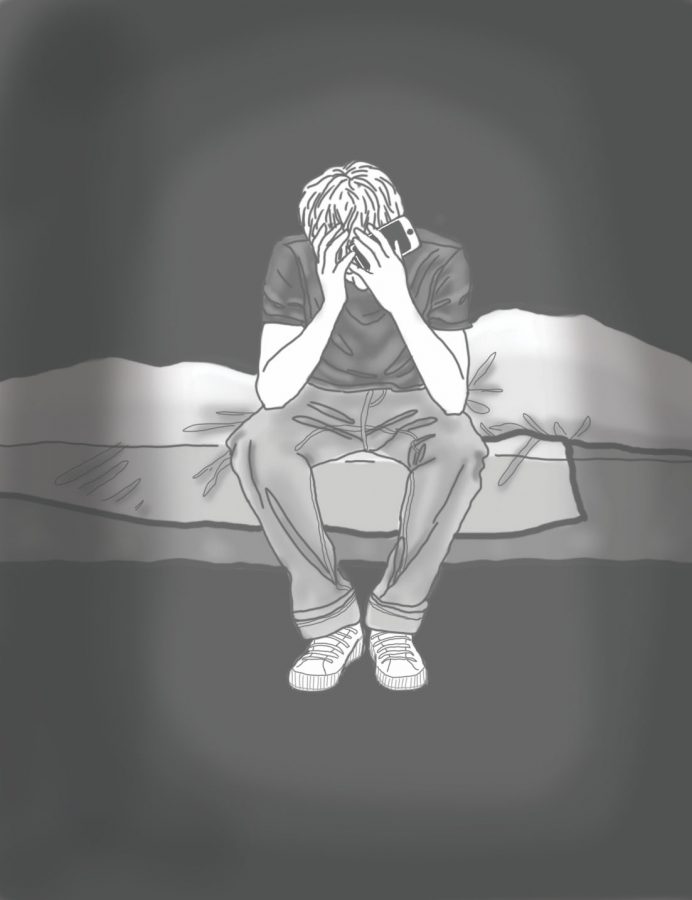Written by Grace Tramack
Urban Dictionary defines ghosting as “the act of suddenly ceasing all communication with someone the subject is dating, but no longer wishes to date.” In today’s standards of dating, ghosting is sadly a new norm for breakups. Due to the rise of social media and texting, communicating with loved ones takes less effort, but playing “games” with your relationship is also much easier—and more common.
From both personal experience and watching my friends su er the same way, ghosting is the absolute worst way to let someone know you’re not interested. It’s disrespectful to the other person’s feelings, belittles the time the two of you spent together and leaves them with a lack of closure, always wondering what they did wrong or what went awry.
In the end, the ghosting victim feels embarrassed and as if they’ve been played, even though it is not their fault. Yes, they will get over it, but not without taking a massive hit to their self-esteem. When you ghost, be aware that what you’re do- ing is going to sting for a long time after, and that you deliberately chose to hurt someone you care about.
Some ghosters attempt to defend their actions by claiming that cutting the other person o hurts their feelings less than having the difficult conversation. is argument could be understandable in some situations, such as if the two of you aren’t dating and have never discussed the matter. However, committing to a relationship means that you owe it to the other person to be honest and straightforward with your feelings. You may be trying to “figure out how you feel,” but leading them on requires lying for an indefinite period of time, and you ultimately hurt them regardless of if you return or not.
Personally, I would rather someone tell me like it is than cut me out of their lives completely. Ghosting should not even cross your mind when thinking of ways to break up with your significant other; it’s simply called being a decent person.






















